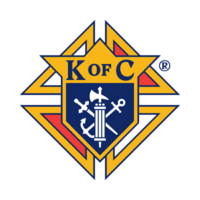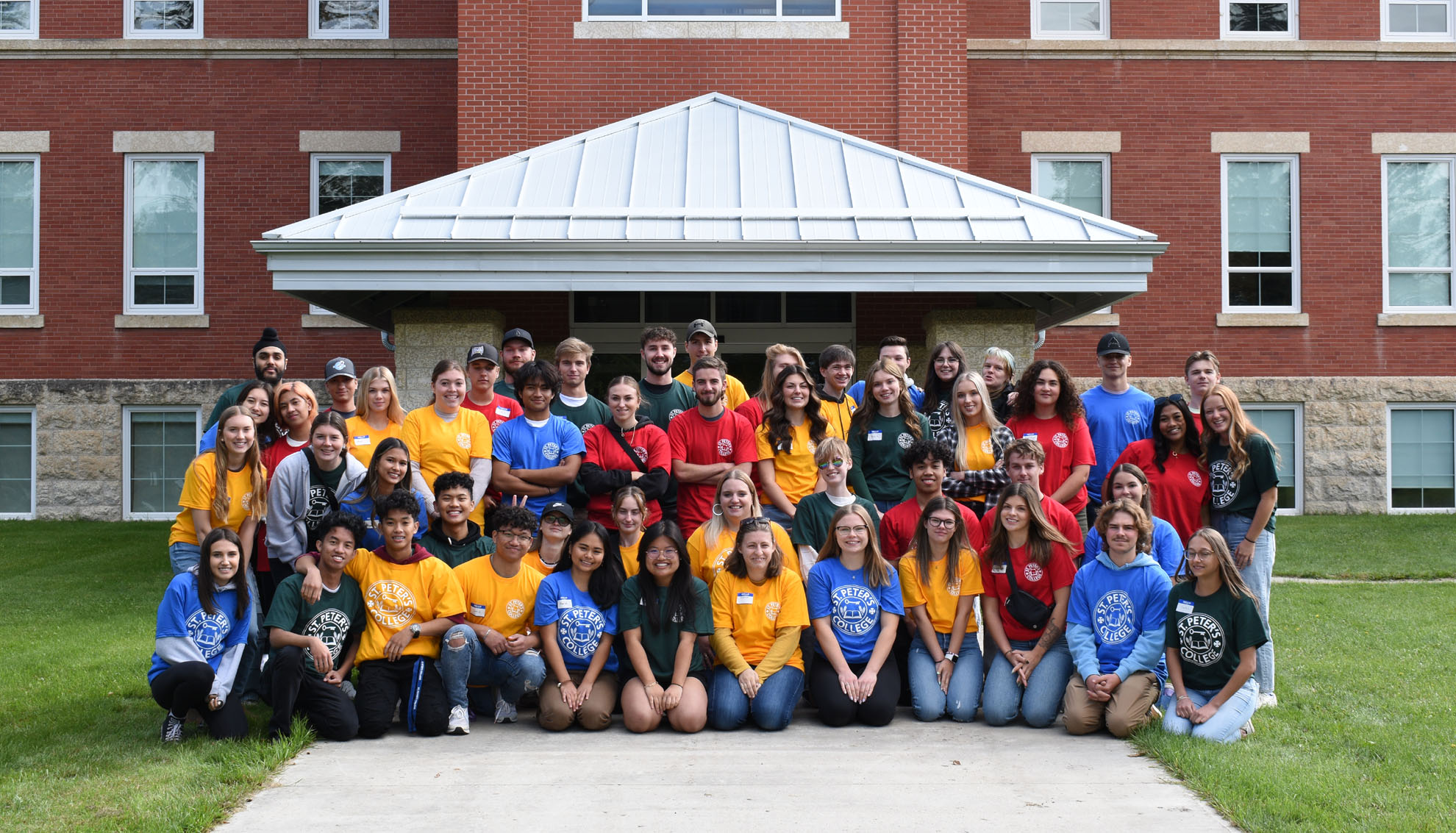Regional and Urban Planning
About This Program
Planners balance science, aesthetics and community interests in the planning of healthy urban, rural and regional communities and environments. They work with community members, developers and elected officials to create places that optimize the use or preservation of society’s environmental, economic, social, cultural aesthetic, and infrastructure assets.
Upon completion of the first year, many St. Peter’s College students move to the U of S main campus to continue their studies. In some instances, students can complete the second year of studies with St. Peter’s College. St. Peter’s students must meet the same promotion standards as U of S students in order to move into the second year of study. Please contact Student Services for more information on promotion standards. Further information on this program can be found directly on the University of Saskatchewan’s website.
What you will Learn
You will learn about the challenges of managing urbanization in a variety of contexts and about the latest innovations in planning policy and design. Some of the topics you’ll study include: land-use planning that integrates modern technologies, active transportation and transportation infrastructure, climate change solutions, energy conservation, protecting water supplies, and caring for natural areas. You will learn about community engagement, policy analysis and government processes, economics, planning and development law, geomatics, and conflict resolution.
First Year Classes
| Term 1 | Term 2 |
|---|---|
|
|
Tuition Estimates
| Canadian | International | |
| Tuition | $7,060 | $25,108 |
| Fees | $300 | $300 |
| Books | $1,000 – $1,500 | $1,000 – $1,500 |
| Total | $8,360 – $8,860 | $26,408 -$26,908 |
Tuition will vary depending on the type and number of classes you take in a year. This estimate reflects a typical amount you could expect to pay in your first year if you enroll in a full course load, the maximum number of courses allowed.
Fees are used to fund specific student benefits.
The cost of books and supplies varies widely depending on the courses you choose. It is recommended that you budget between $1,000-$2,000 per year.
*BASED ON THE RATES DISPLAYED ON OUR TUITION PAGE
Careers
Decisions about how communities grow are increasingly linked to public environmental consciousness, making planners one of the most active professional groups dealing with climate change, energy efficiency and air/water quality.
Some career opportunities include:
- City planner
- Town planner
- Planning consultant
- Environmental planner
- Land use planner
- Long-range planner
- Transportation planner
- Community consultant
- Parks planner
- Planning analyst
- Recreation planner
- Regional planner
- Heritage planner
- Zoning and bylaws planner
- Neighbourhood planner
- Economic development planner
- Crime Prevention Through Environmental Design and safety planner
Admission Requirements and Deadlines
Deadlines
St. Peter’s College Deadline:
Students already accepted into their program at the University of Saskatchewan may begin classes at St. Peter’s College anytime before the deadline for registration changes (mid-September and mid-January)
University of Saskatchewan Deadline:
The full list of deadlines for each college at the University of Saskatchewan can be found at the programs specific requirements and deadlines page on their website.
Required High School Classes
- Foundations of Mathematics 30 or Pre-Calculus 30
The high school classes that are required for admission purposes are not always the same as classes you will need to complete the degree program you choose. For example, if you want to minor in chemistry, you will need high school chemistry to take your first-year university classes.
Required Grade Average
Applications are considered up until the deadline. Admission is offered on an ongoing basis until all seats are filled. Applicants who do not meet the admission average but otherwise qualify for admission may be placed on a waitlist.
At the discretion of the college, applicants who had been placed on a waitlist may be offered admission based on their place in the waitlist (determined by admission average).
Minimum admission average: 70%
Learn how we calculate your admission average. If you do not meet the minimum admission average, you may be considered for the Transition Program or for special (mature) admission.
English Proficiency
If your first language in not English, you may have to prove proficiency in English before admission. It is expected that applicants interested in this program are fluent in English.
Ready to apply?
Students must apply and be accepted to the University of Saskatchewan and St. Peter's College. The University of Saskatchewan requires a non-refundable application fee of $90 CDN before your application will be processed. St. Peter's College will process your application at no charge.
Search
Related Programs













